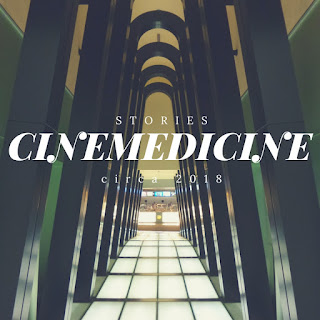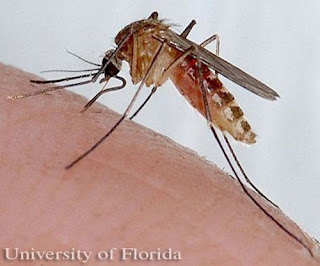Partnering with Communities to Bring Primary Health Care to the Peripheries
One cannot simply teach Primary health care to medical students. The students have to learn it by doing. Every year I handle the Primary Health care subject/discussion with the third year medical students. And of course after discussing the theories, they get to immerse themselves with their chosen partner communities to see how they can bring Primary health care to them. So, every where, the third year medical students of the University of Saint La Salle would brainstorm projects that they can collaborate with their partner communities that not only would provide them the experience that would help them understand Primary health care but will actually bring PHC to their partner communities. They are expected to collaborate, work with all kinds of stakeholders, be conscious of different factors that need to be addressed in order to solve or confront a medical problem, and engage the community helping them realize their own empowerment. Instead of a written monthly progress report, th...





